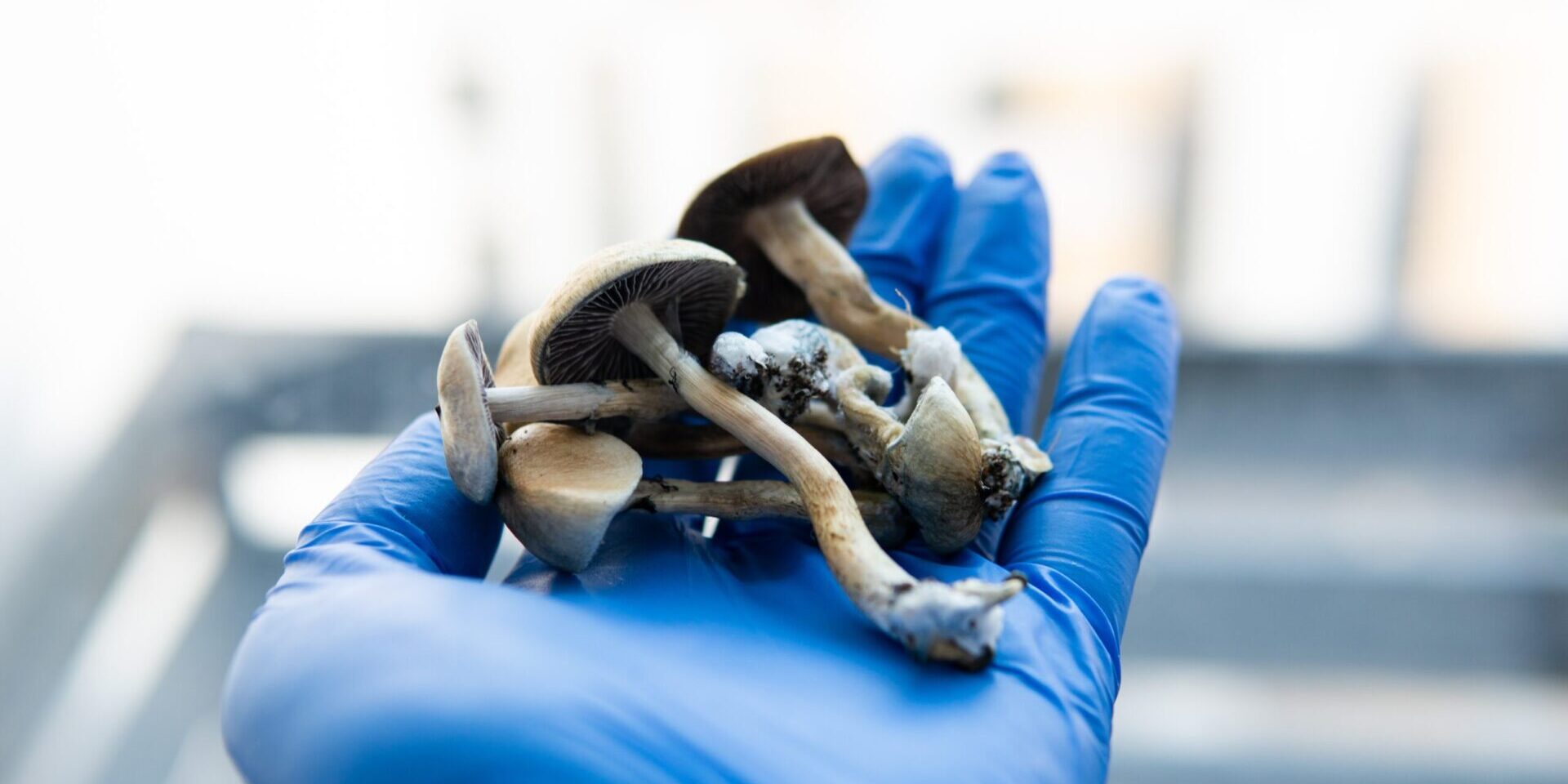Psilocybin, a naturally occurring psychedelic compound found in specific mushroom species, has intrigued humanity for centuries. From its ancient roots in shamanic rituals to its contemporary renaissance as a potential therapeutic tool, the history of psilocybin weaves a tapestry of mystery, cultural significance, and scientific exploration. In this captivating blog article, we embark on a mesmerizing journey through time, delving into the profound historical legacy of psilocybin. We will trace its use in ancient rituals, its suppression during prohibition, and the recent scientific breakthroughs that reignited interest in its therapeutic potential. Prepare to immerse yourself in the intriguing story behind this mystical compound and its transformative impact on human consciousness across ages.
Psychedelics in Antiquity: Sacred Mushroom Rituals
In ancient times, magic mushrooms and other hallucinogens were integral to shamanistic practices. Shamans revered these substances for their ability to induce spiritual experiences, fostering healing, and fostering connections to the divine.
Psilocybin in Modern Medicine: A Renaissance in Mental Health
Fast-forward to the present, and we witness a resurgence in the interest towards psychedelic compounds like psilocybin, especially for their therapeutic potential. Evidence is mounting in support of psilocybin’s ability to address treatment-resistant depression and other mental health conditions.
Pioneering Psilocybin Studies: Johns Hopkins' Crucial Contribution
Johns Hopkins University, with Dr. Roland Griffiths at the helm, has been instrumental in studying psychedelic effects. Their groundbreaking clinical trials with healthy volunteers have delivered key insights into psilocybin’s subjective effects.

A Breakthrough in Depression Treatment: Carhart-Harris RL Study
One of the landmark studies into the therapeutic potential of psilocybin was conducted by Dr. Robin Carhart-Harris and his team at Imperial College London. Their pilot study involving individuals with major depressive disorder revealed substantial antidepressant effects.
Psilocybin and the Mystical Experience
Perhaps one of the most intriguing aspects of psychedelic trips is the incidence of mystical-type experiences. Feelings of transcendence, unity, and interconnectedness characterize these episodes, which are often associated with positive mood and behavioral changes.

Psychedelics and Secondary Consciousness
Another significant avenue of research revolves around the role of secondary consciousness during psychedelic experiences. This state allows individuals to step outside their usual thought patterns and perceptions, promoting a sense of transcendent awareness.
Dr. William Richards and his team at Johns Hopkins University further underscored psilocybin’s therapeutic potential with their clinical study. Participants suffering from depressive disorder showed remarkable improvements in mood and anxiety levels after psilocybin treatment.
The Rocky Road of Psychedelics in the United States
The tale of psychedelics in the U.S. is riddled with complexities and controversies. The 1950s and ’60s saw psychedelics being embraced by counterculture. However, by the 1970s, the government outlawed these substances. Strict drug control laws and public backlash put a halt to psychedelic research for years. including sautéed, stir-fried, or added to soups and stews.
Psilocybin's Journey into the Future
Psilocybin’s efficacy in treating psychiatric disorders like depression and anxiety makes it an exciting focus of contemporary research. Its journey from ancient spiritual use to potential modern medical breakthroughs offers a captivating narrative. Crucial studies by organizations like Johns Hopkins University and Imperial College London continue to provide invaluable insights into psilocybin’s effects. Despite a tumultuous past in the United States, ongoing research hints at a future where we fully harness psilocybin’s therapeutic potential.







